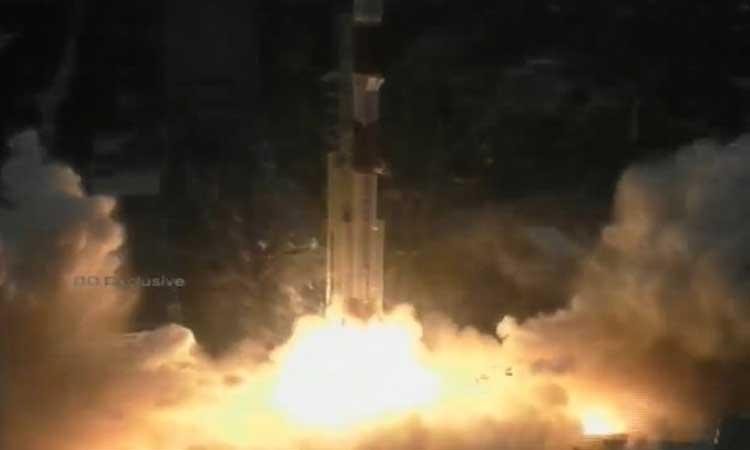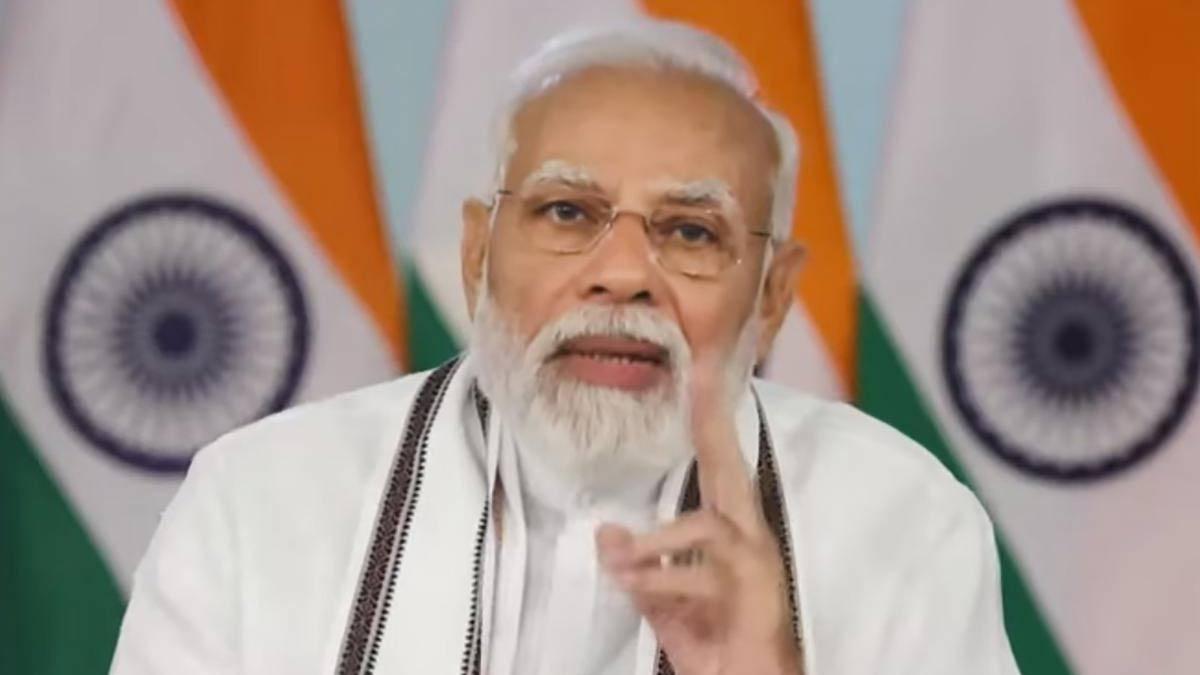Polar Satellite Launch Vehicle (PSLV-C49) rocket that is carrying radar imaging earth observation satellite EOS-01 (formerly RISAT-2BR2) and nine foreign satellites lifted off on Saturday from the rocket port at Sriharikota in Andhra Pradesh.
The rocket lifted-off from the first launch pad at the Satish Dhawan Space Centre (SDSC) in Sriharikota at 3.12 p.m. and it is carrying 10 satellites
The primary passenger of the 44.5 metre tall PSLV-C49 is going to be the Indian radar imaging satellite EOS-01 (formerly RISAT-2BR2). It has synthetic aperture radar (SAR) which can shoot pictures in all weather conditions.
The satellite can take pictures day and night and will be useful for surveillance as well as civilian activities.
According to ISRO, EOS-01, is a 630 kg earth observation satellite, intended for applications in agriculture, forestry and disaster management support.
The nine foreign satellites piggybacking are from: Lithuania (1-R2, technology demonstrator), Luxembourg (4 maritime application satellites by Kleos Space) and the US (4-Lemur multi mission remote sensing satellites).
The PSLV in normal configuration is a four stage/engine expendable rocket powered by solid and liquid fuels alternatively. Six booster motors will also be strapped on to the first stage to give higher thrust during the initial flight moments.
But the 44.4 metre tall PSLV rocket that flew on Saturday was the DL variant having only two strap-booster motors. The lift off weight of the rocket is 259 ton.
This rocket variant was used the first time to put the Microsat R satellite into orbit on January 24, 2019.
The Indian space agency has PSLV variants with two and four strap-on motors, larger PSLV-XL and the Core Alone variant without any strap-on motors.
The choice of the rocket to be used for a mission depends on the weight of the satellite and the orbit where the satellite has to be orbited.


















